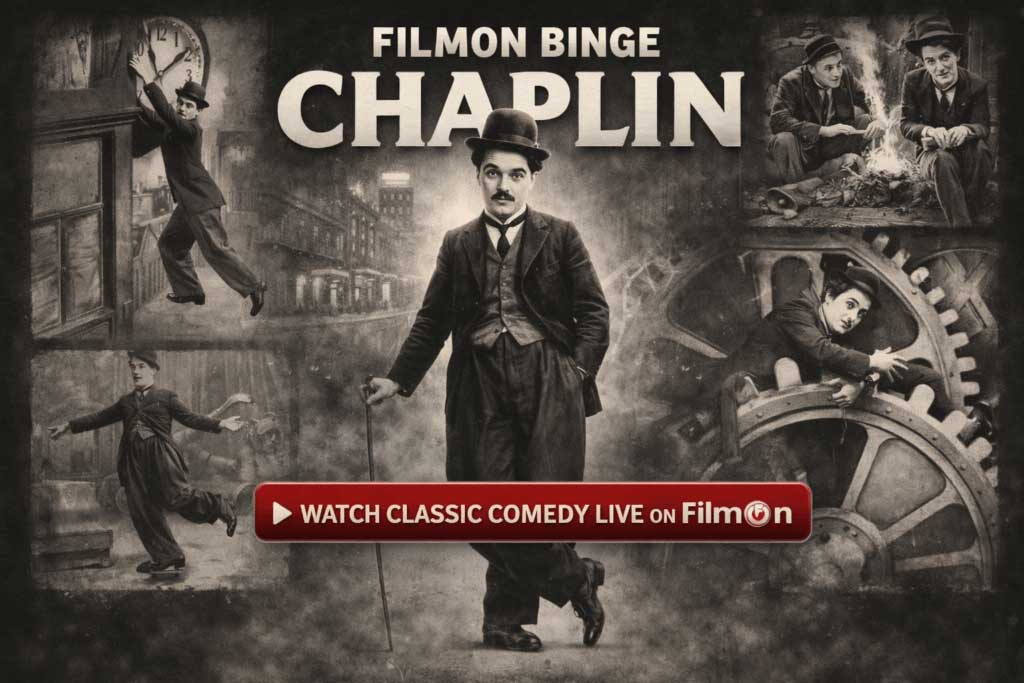F. Scott Fitzgerald's "The Great Gatsby," released 100 years ago, is celebrated as a classic, having evolved from an initial flop to a literary and cultural icon. Critics once overlooked its charm, yet it remains relevant today. The book, under 200 pages, offers a quick read that captures interest through the mysterious figure of Jay Gatsby. His tragic romance with Daisy Buchanan unfolds against a backdrop of societal excess and moral decay, highlighting the tension between ideals and reality.
Adding to its allure, the novel is infused with humor, especially through satirical portrayals of its characters. Tom Buchanan, in his ignorance, delivers comedic, albeit absurd, statements reflective of a certain societal class. Fitzgerald's masterful prose blends humor, lyrical beauty, and deep philosophical undertones, ensuring it captivates readers at every turn. The infamous closing line echoes enduring themes of nostalgia and struggle, cementing "The Great Gatsby" not just as a great book, but as an engaging experience that transcends time.
Adding to its allure, the novel is infused with humor, especially through satirical portrayals of its characters. Tom Buchanan, in his ignorance, delivers comedic, albeit absurd, statements reflective of a certain societal class. Fitzgerald's masterful prose blends humor, lyrical beauty, and deep philosophical undertones, ensuring it captivates readers at every turn. The infamous closing line echoes enduring themes of nostalgia and struggle, cementing "The Great Gatsby" not just as a great book, but as an engaging experience that transcends time.






















